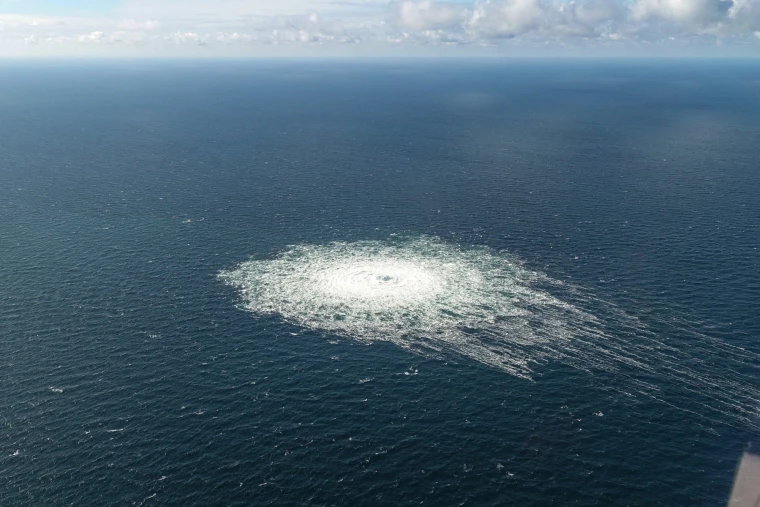On Tuesday, European nations hurried to look into mysterious leaks in two Russian gas pipelines that cross the Baltic Sea close to Sweden and Denmark.
These pipelines are at the centre of an energy crisis that has existed since Russia invaded Ukraine.
Some European officials said that Russian officials, who developed the network, did not completely rule out the possibility of sabotage.
Terje Aasland, the Norwegian minister of petroleum and energy, stated on Tuesday that the early evidence of the leaks pointed to “acts of sabotage.”
Both the Swedish and Danish prime ministers, Magdalena Andersson and Mette Frederiksen, acknowledged the incident was probably “planned,” but they downplayed the likelihood of military danger.
“No possibility can be ruled out right now,” Kremlin spokesman Dmitry Peskov told reporters in Moscow.
Both pipelines have been focal points in an ongoing energy spat between Moscow and European cities that has wreaked havoc on the biggest economies in the West, driven up gas prices, and triggered a search for other energy sources.
According to pipeline operator Nord Stream AG, it is presently impossible to predict “a timeframe for rebuilding the gas transport infrastructure.”
It said that pressure drops in the pipeline suggested there had been physical damage in the statement on Tuesday evening.
German Economy Minister Robert Habeck stated that the German energy supply had not been impacted while stating that German, Danish, and Scandinavian security officials were actively monitoring the leaks in the Baltic Sea and inquiring into their cause.
Mahnur is MS(development Studies)Student at NUST University, completed BS Hons in Eng Literature. Content Writer, Policy analyst, Climate Change specialist, Teacher, HR Recruiter.










